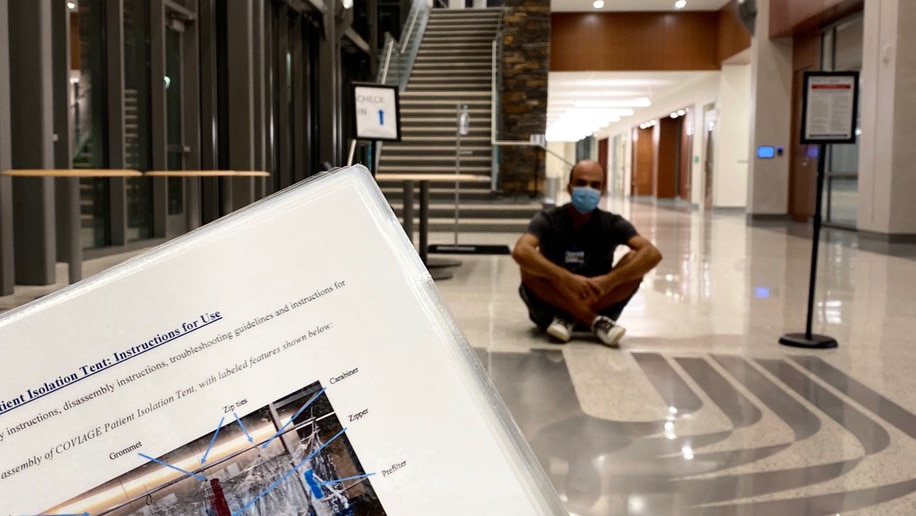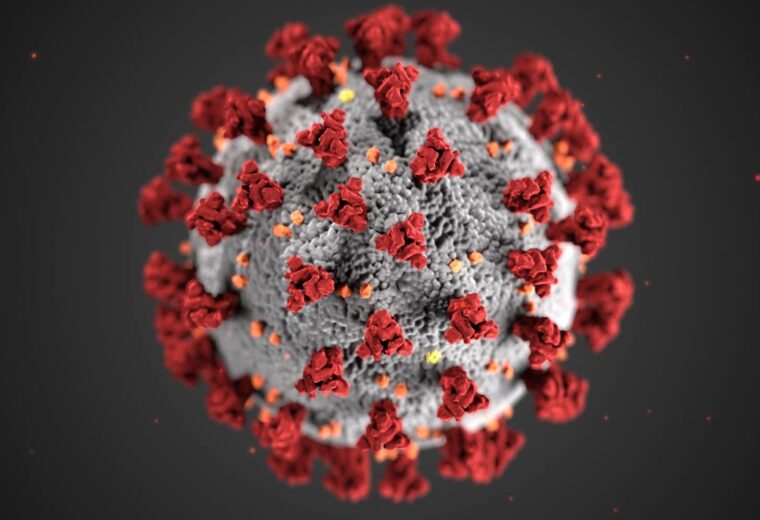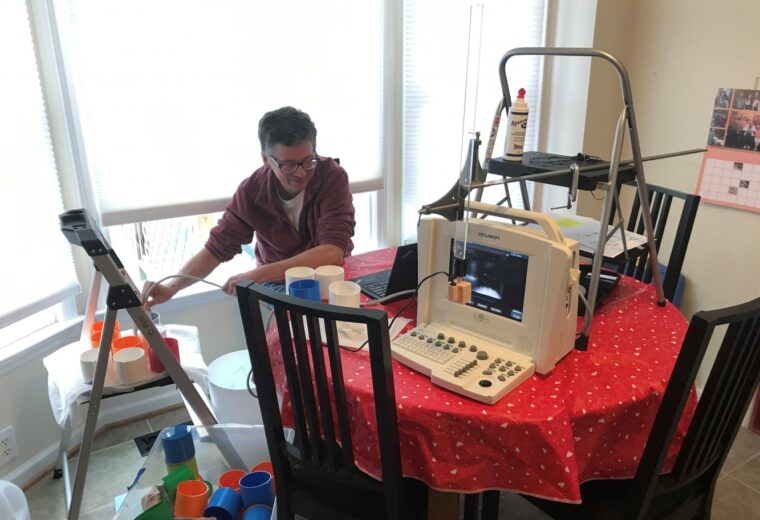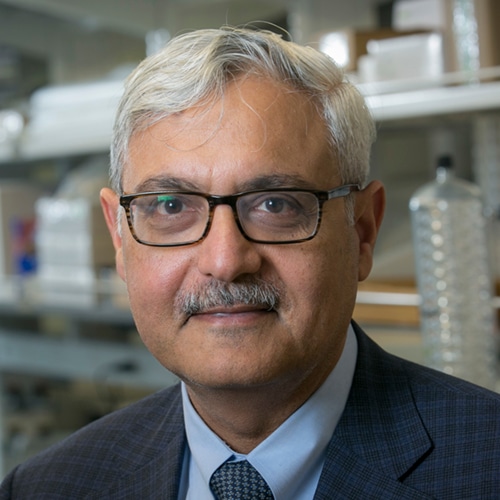
Using Wearable Tech to Track a Viral Threat
The Duke research study uses data from smartphones, smartwatches and health surveys to help detect COVID-19
Our global community has faced an unprecedented challenge in the coronavirus pandemic—but Duke BME’s faculty, staff and students are rising to that challenge.

The Duke research study uses data from smartphones, smartwatches and health surveys to help detect COVID-19

An interdisciplinary team of engineers, clinicians and other experts from across Duke came together to create medical devices and tools to address COVID-19

By guiding stem cells to model kidney cells, Duke BME’s Samira Musah is studying how the novel coronavirus can damage the important organs

Supported by a RAPID Response NSF research grant, the Chilkoti lab aims to make a faster, more efficient test to detect the novel coronavirus

In a DARPA-funded project, Duke BME’s Xiling Shen and collaborators across the U.S. are designing a diagnostic test that aims to identify coronavirus carriers early and predict the symptom severity

With the onset of a global pandemic, Duke BME faculty, staff and students quickly adapted in-person courses, programs and projects into an online format
Dear colleagues and friends,
One of our goals in Duke Biomedical Engineering is to create solutions to the world’s most pressing biomedical problems. Over the last few months, our global community has faced an unprecedented challenge in the form of the novel coronavirus pandemic. But Duke BME’s faculty, staff and students have adapted to this new reality, devising local and global solutions to help us all push forward.
I’m thrilled to share their work in the virtual issue of the Duke BME Magazine, with stories that cover the Engineering Response Team as they develop tools to protect health care workers, highlight the efforts of faculty as they develop innovative tools and perform global studies to efficiently identify or diagnose coronavirus infections, and showcase how our instructors and students creatively adapted lab-based courses for effective virtual learning.
Our faculty, staff and students are one of the reasons Duke BME is consistently recognized as one of the best biomedical engineering programs in the country, and I hope you enjoy learning more about their work in our latest issue of the Duke BME Magazine.
Wishing you well,

Ashutosh Chilkoti
Alan L. Kaganov Distinguished Professor of Biomedical Engineering
Chair, Duke Biomedical Engineering
Showcasing the extraordinary work of our faculty and student body